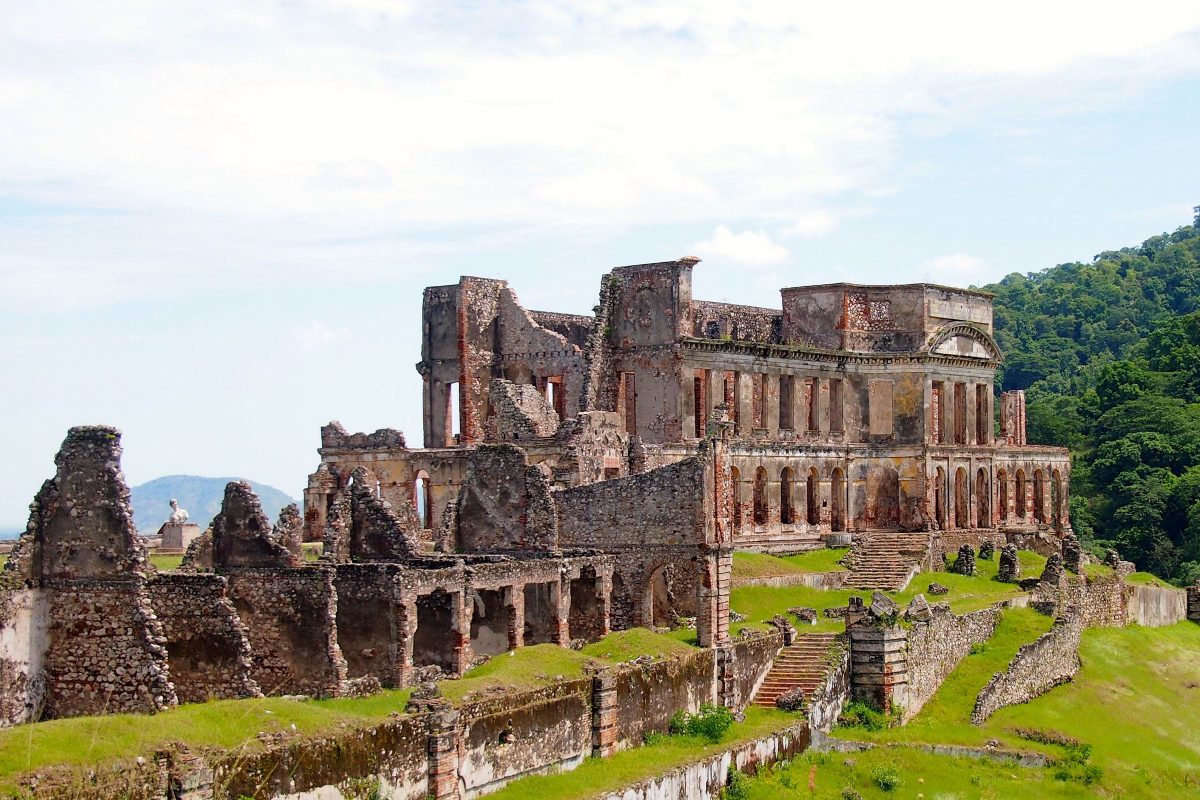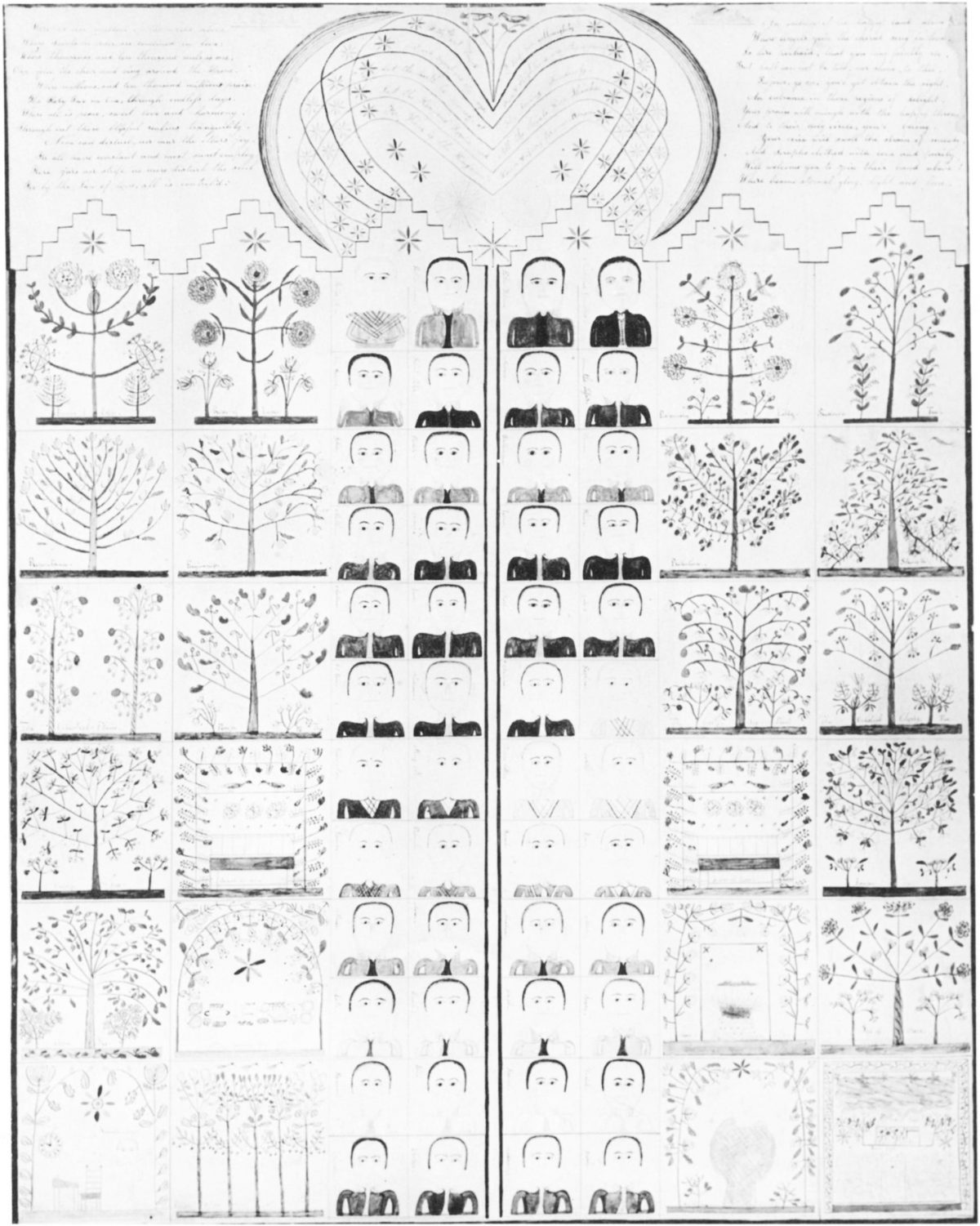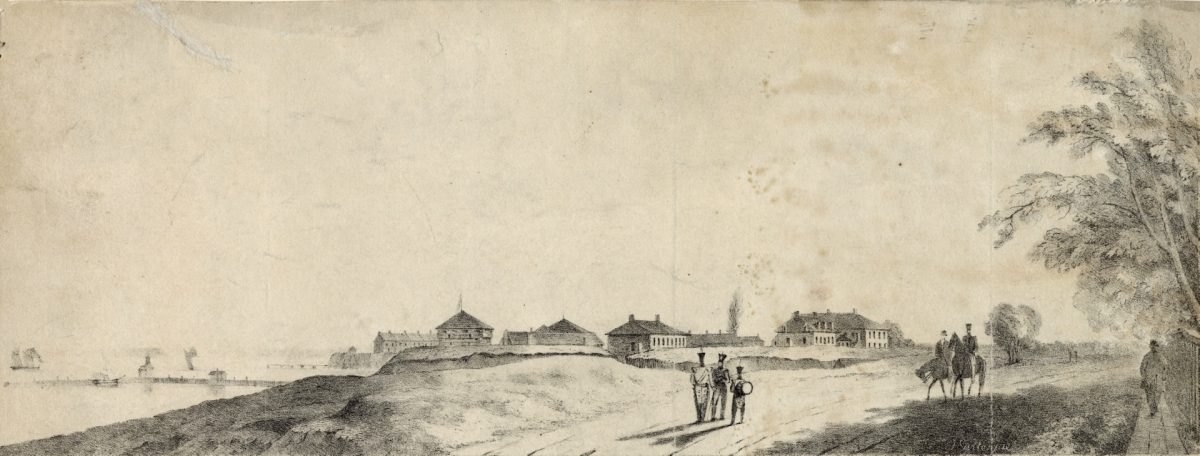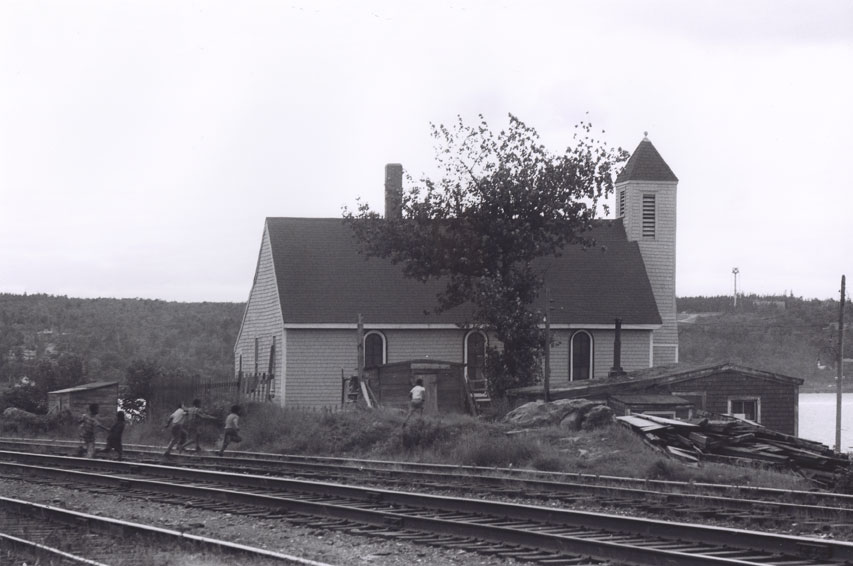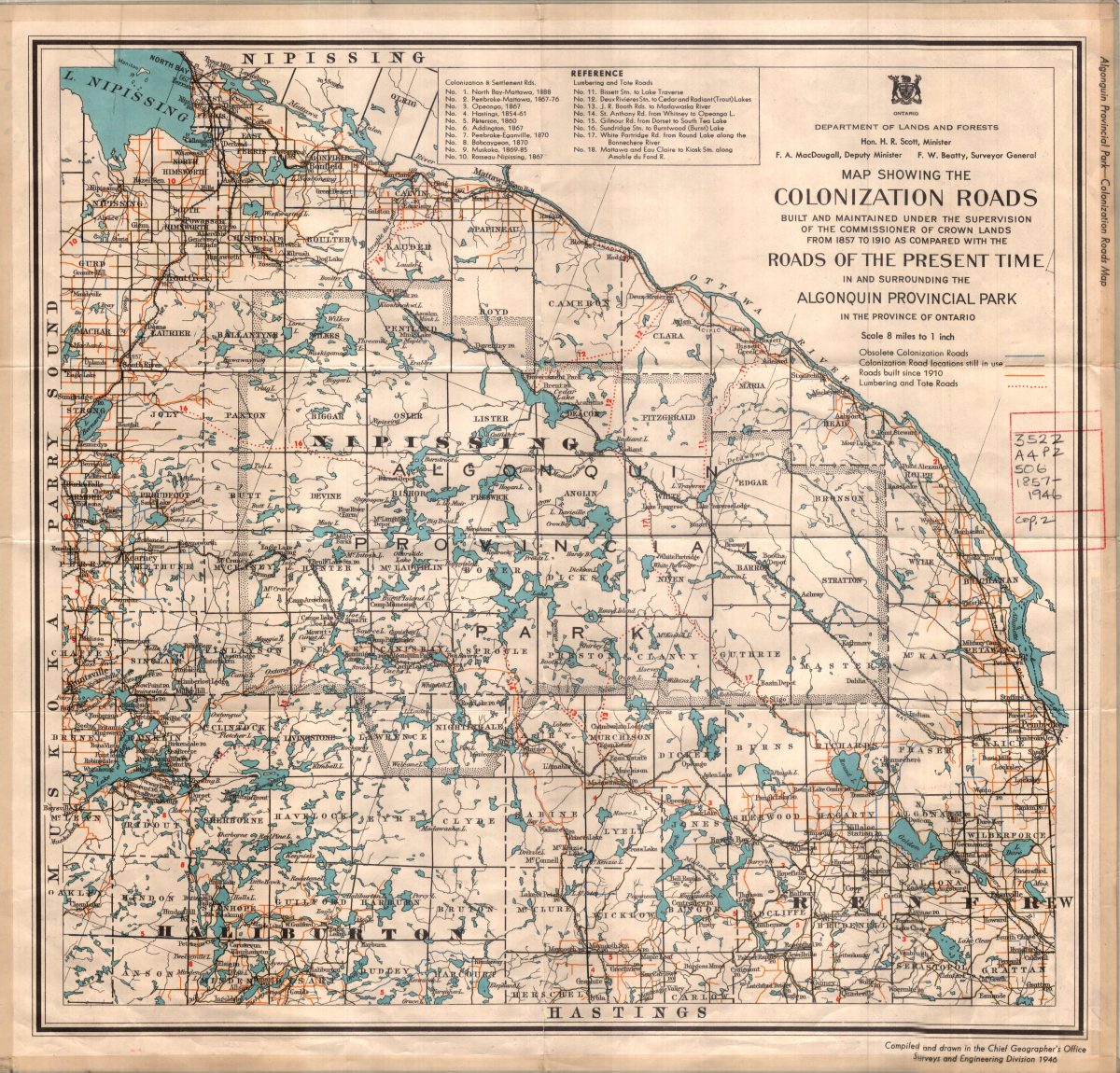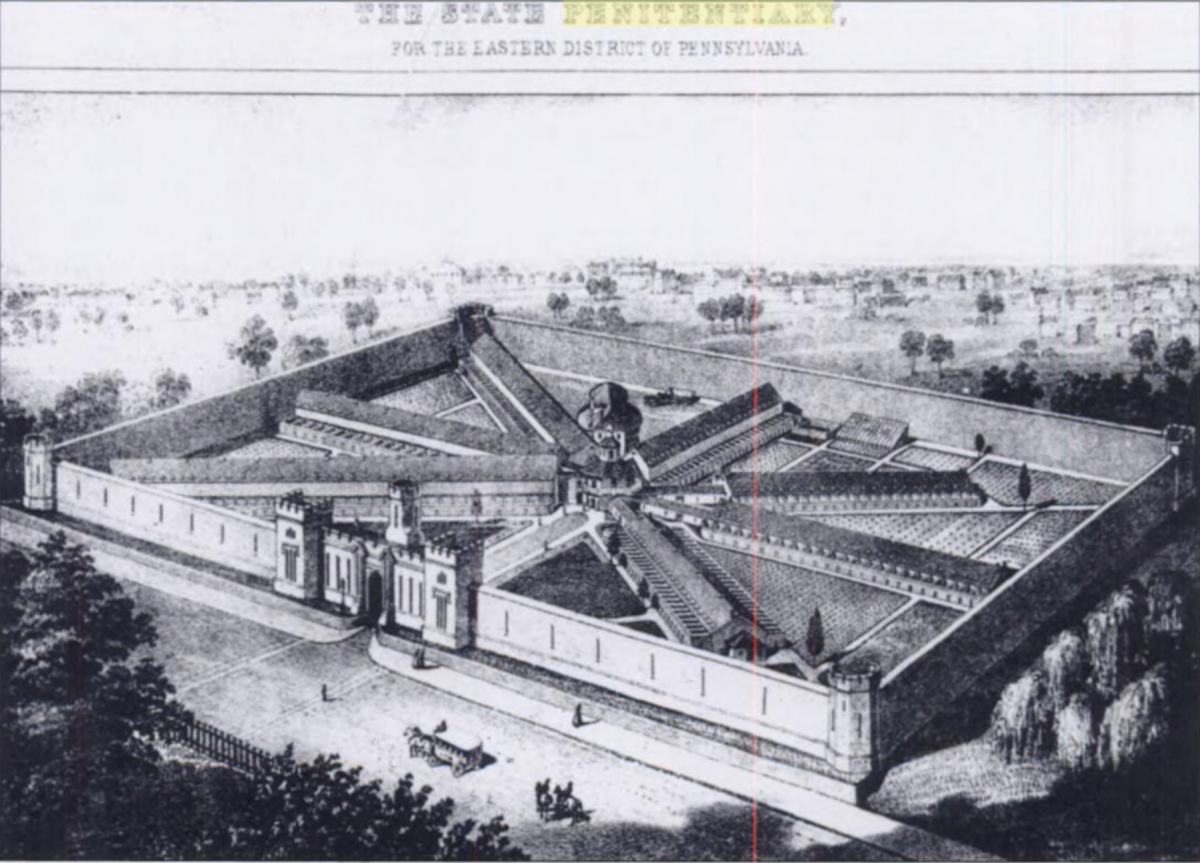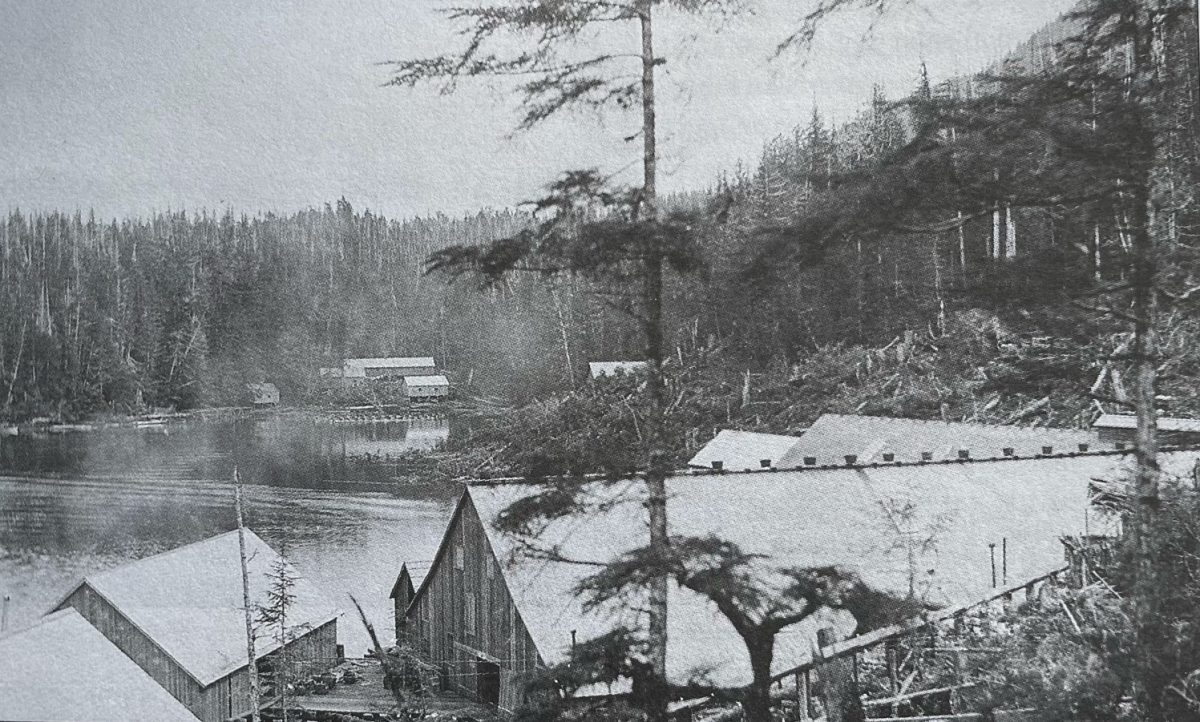Introduction The Caribbean is a region historically notable for its legacy of colonization and slave labour. As early as the 16th century enslaved Africans were shipped to islands in the West Indies to work on plantations owned and operated by Europeans. In particular, France claimed a substantial amount of territory for its monarchy, and took […]
